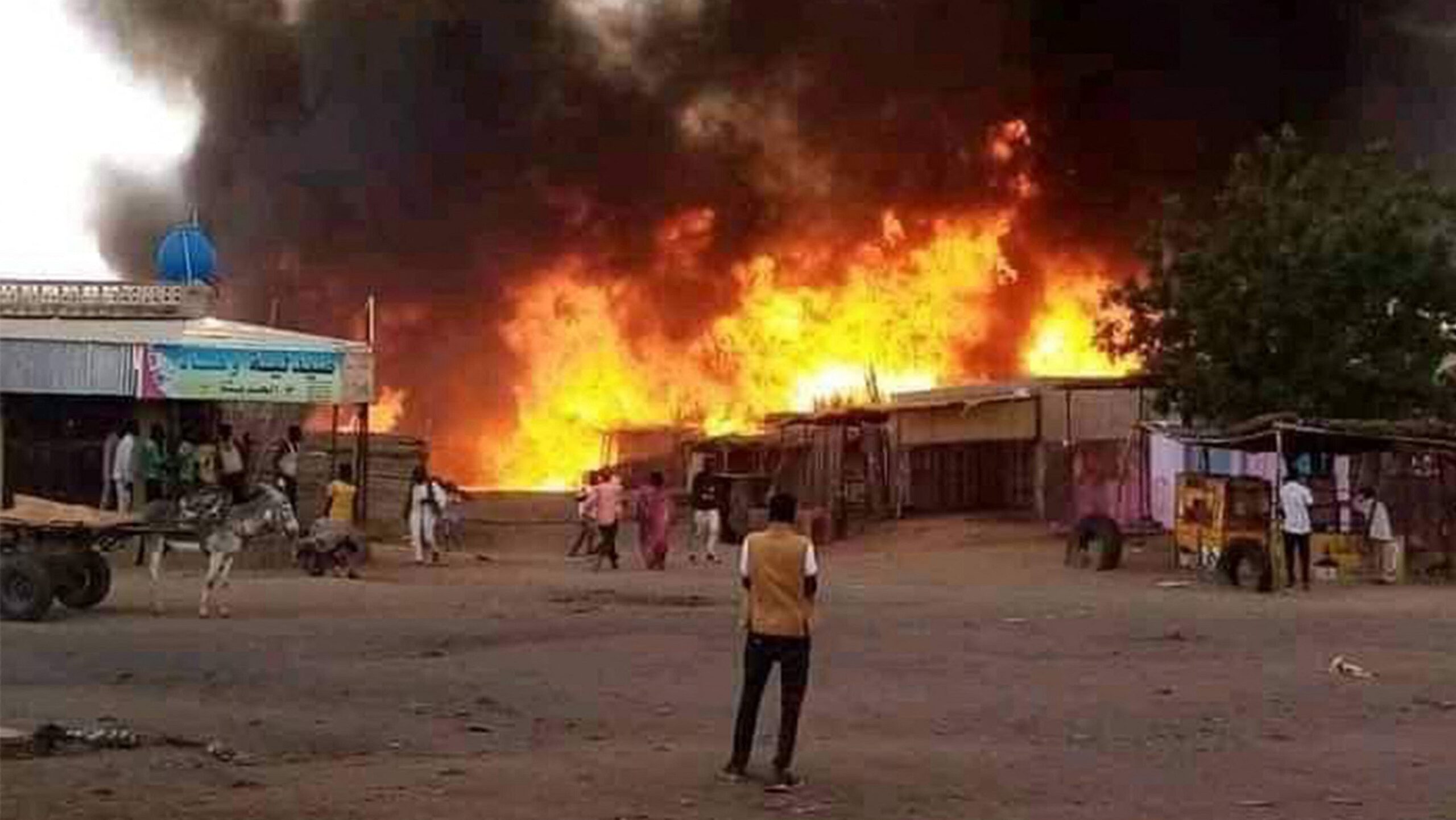The Ugly Face of Sudan’s War
Asharq Al-Awsat, London, February 21
Throughout history, wars have always been a breeding ground for atrocities and cruelty that defy the laws of war and common human decency. These practices are inexcusable and demand condemnation and accountability. Amid their ongoing civil war, the Sudanese people have endured various forms of crimes and violations, with many linked to the Rapid Support Forces. Recently, a disturbing video emerged showing individuals claiming to be part of the army gleefully showcasing the severed heads of two individuals purportedly associated with the RSF. This reprehensible act sparked widespread outrage and calls for justice. Following the release of the video, the army swiftly issued a statement denouncing the contents as shocking and vowed to investigate the incident. They reassured the public of their commitment to upholding the laws and norms of war during military operations. Conversely, the RSF characterized the act as extreme criminal behavior. They cautioned against framing the crime in ethnic and regional terms, a narrative that could stoke tensions amid a challenging period for the nation. The conflicting narratives surrounding the video highlight the urgent need for a thorough investigation and a call for restraint in drawing conclusions. Discrepancies arose regarding the number of victims and their identities, with differing accounts adding to the complexity of the situation. Amid the uncertainties, various factions leveraged the incident for political gain, exacerbating existing divisions within Sudanese society. The civilian population finds itself at risk of becoming pawns in a broader power struggle, with dangerous rhetoric fueling tribal animosities. The gravity of the situation necessitates a serious inquiry into the incident by the army, with transparency and timely disclosure of findings crucial for maintaining public trust. The aftermath of war will require a steadfast commitment to upholding Sudanese values and fostering a culture of discipline within the armed forces. Should the investigation absolve the army of any wrongdoing, it stands to redeem its tarnished reputation from baseless accusations. Conversely, if culpability is found within its ranks, the army’s willingness to address misconduct head-on will underscore its dedication to accountability. In navigating these complexities, it’s paramount to distinguish between individual transgressions and systematic abuses, drawing a clear line between disciplined armies and rogue factions. For the Sudanese army, ensuring transparency and holding wrongdoers to account will be pivotal in safeguarding its integrity and rebuilding public trust in the aftermath of conflict. Ultimately, the true test lies in the army’s ability to confront its internal challenges and emerge as a beacon of stability in postwar Sudan. By embracing accountability and transparency, the army can pave the way for a path toward healing and reconciliation for a nation fractured by violence. —Osman Mirghani (translated by Asaf Zilberfarb)
This holiday season, give to:
Truth and understanding
The Media Line's intrepid correspondents are in Israel, Gaza, Lebanon, Syria and Pakistan providing first-person reporting.
They all said they cover it.
We see it.
We report with just one agenda: the truth.



